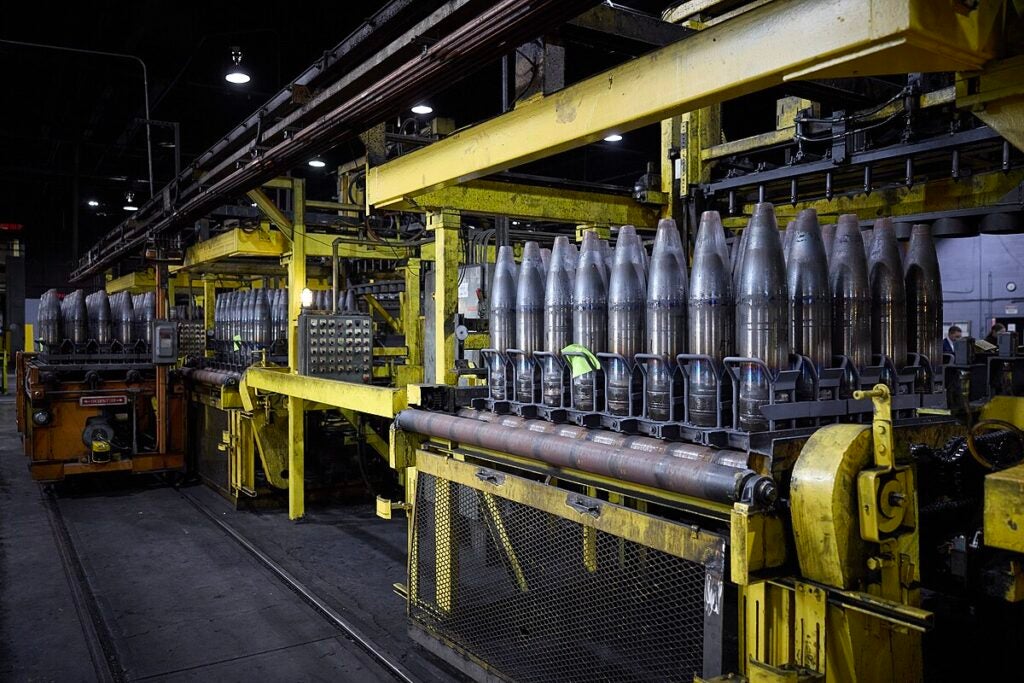The U.S. Will Restart Domestic TNT Production After Decades
On 8 November, the U.S. Army announced that the U.S. Army Joint Program Executive Office Weapons & Munitions and the U.S. Army Contracting Command had awarded REPKON USA a contract to design, build, and commission a TNT production facility in Graham, Kentucky. Valued at $435 million, this project marks the beginning of the return of a capability the United States has not had since the 1980s.
“This is a major step forward in rebuilding our industrial base and ensuring we have the critical capabilities to support our warfighters,” said Douglas Bush, Assistant Secretary of the Army for Acquisition, Logistics and Technology. “Restoring TNT production gives us the ability to control and secure our supply chain for this vital component, especially in an era of increasing global challenges.”
TNT or Trinitrotoluene is required for various military applications such as ammunition, bombs, and grenades and serves as the primary explosive filler for 155mm artillery shells. The United States began domestic production of TNT commercially and in government munitions plants in the early years of World War I and ended it in 1986. The main reason for stopping production was environmental pollution concerns, which resulted from the highly toxic chemicals used in the TNT-making process.
Currently dependent on foreign sources, primarily Poland and India, for its TNT supply, the U.S. is seeking to complete work on the new facility in 2028, which will ‘support the Army’s goal of rapidly replenishing its critical munitions inventory and maintaining readiness for future conflicts.” This critical project will not only enable the U.S. to take back into its own hands a supply chain that currently relies entirely on overseas sources but will also have a direct and positive impact on the economy by creating around 200 to 250 construction jobs and 50 permanent jobs.
Major General John T. Reim, Joint Programme Manager for Armaments and Munitions, said the new TNT facility in Western Kentucky is essential to JPEO A&A’s mission to develop, procure, and field safe, reliable, and lethal munitions for the joint warfighters and its international partners. Reim added that the project would further strengthen the U.S. defense industrial base, enabling rapid and large-scale munitions production.
Following the completion of the new TNT production facility, the United States will significantly increase its production of 155 mm artillery shells, most of which will be sent to Ukraine for howitzers vital to Kyiv’s war effort. Before the war between Ukraine and Russia, Washington had considered 155mm artillery shells obsolete based on its experience in Iraq and Afghanistan and had significantly reduced production. Realizing that this view is not valid in traditional wars where two large armies face each other, the U.S. military has increased the production of 155mm artillery shells from less than 3,000 in 2010 to 36,000 per month. The Army aims to produce 100,000 monthly rounds by the end of 2025.

